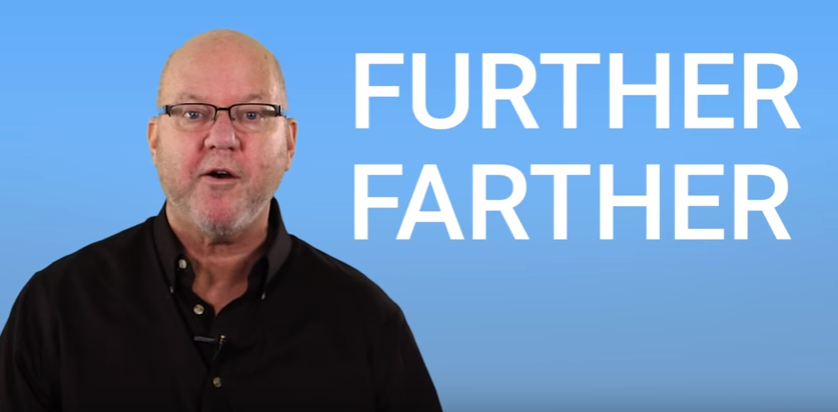Affect or effect? A writing coach breaks down the most common grammar mistakes

Your support helps us to tell the story
From reproductive rights to climate change to Big Tech, The Independent is on the ground when the story is developing. Whether it's investigating the financials of Elon Musk's pro-Trump PAC or producing our latest documentary, 'The A Word', which shines a light on the American women fighting for reproductive rights, we know how important it is to parse out the facts from the messaging.
At such a critical moment in US history, we need reporters on the ground. Your donation allows us to keep sending journalists to speak to both sides of the story.
The Independent is trusted by Americans across the entire political spectrum. And unlike many other quality news outlets, we choose not to lock Americans out of our reporting and analysis with paywalls. We believe quality journalism should be available to everyone, paid for by those who can afford it.
Your support makes all the difference.Writing coach and CUNY Journalism Press editor Timothy Harper tells us some of the most common grammar mistakes and easy ways to avoid them.
This is what he has to say:
"Further and farther: "farther" means distance, "further" means more into it. If you're talking about distance, it has to be "farther."
"I think anybody in the writing or editing business has their list of pet peeves, I brought mine.
"I've been seeing a lot of confusion lately with the word "peek," pronounced peek, where "peek," "peak" and "pique," which means indignation.
"I see a lot of confusion between "its" and "it's." It's is a contraction, it means "it is." "Its" is a possessive that means something belongs. "The team lost its first six games." "Its" is I-T-S.
""Your" and "you're," that's another case of a contraction where "you're" stands for "you are."
"That made me nauseous." No, it didn't, it made you nauseated.
"If something is nauseous, that's what makes other people sick.
"There's often a lot of confusion between "since" and "because." Sometimes we use them interchangeably and we shouldn't. "I came home since the game was over." No, you came home because the game was over.
"Envy means when somebody else has something that you want or you admire or you really like. "I am envious of his ability to play basketball."
"Jealousy, being jealous, typically means something that we're holding close that we have already and we want to keep, we want to protect, we don't want anybody else to have it. It's often used in a romantic sense.
"Somebody is looking at your date for the prom, you might be jealous. You don't want that person to be dancing with your date for the prom.
"When you're thinking of affect and effect, most often we think of affect as the verb. "This is how something affected me." The effect is the fallout of that, what happened with that. "When we broke up, it really affected me. The effect was I was disappointed.""
Read more:
• How much the best paid workers in 20 professions earn
• Seven outdated men’s style ‘rules’ that you can now ignore
• 16 skills that are hard to learn but will pay off forever
Read the original article on Business Insider UK. © 2017. Follow Business Insider UK on Twitter.
Join our commenting forum
Join thought-provoking conversations, follow other Independent readers and see their replies
Comments